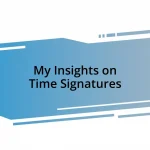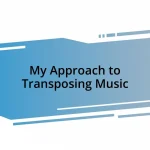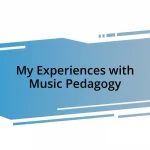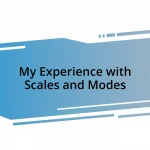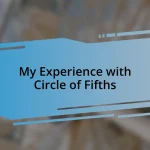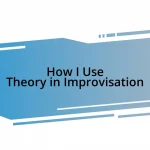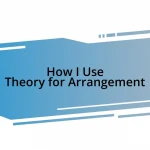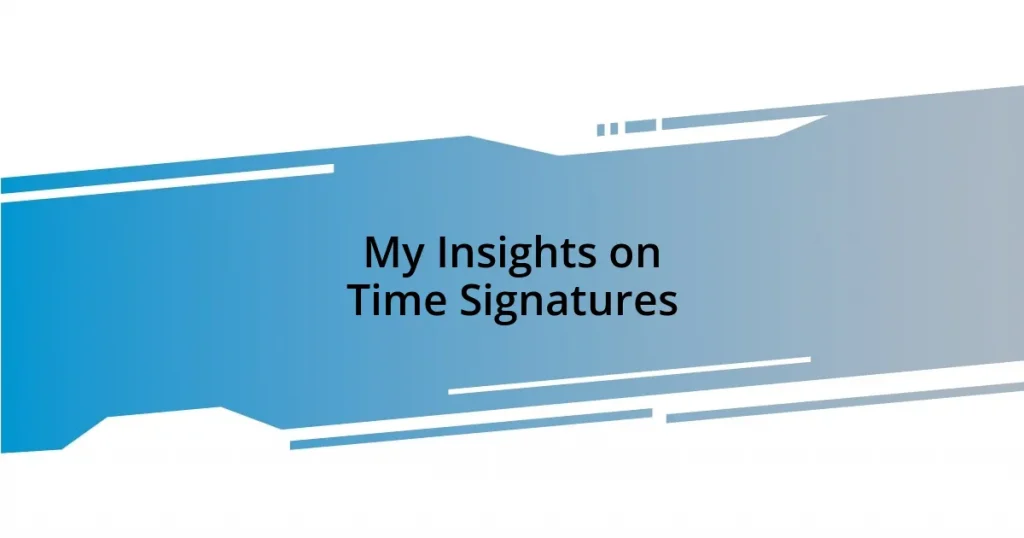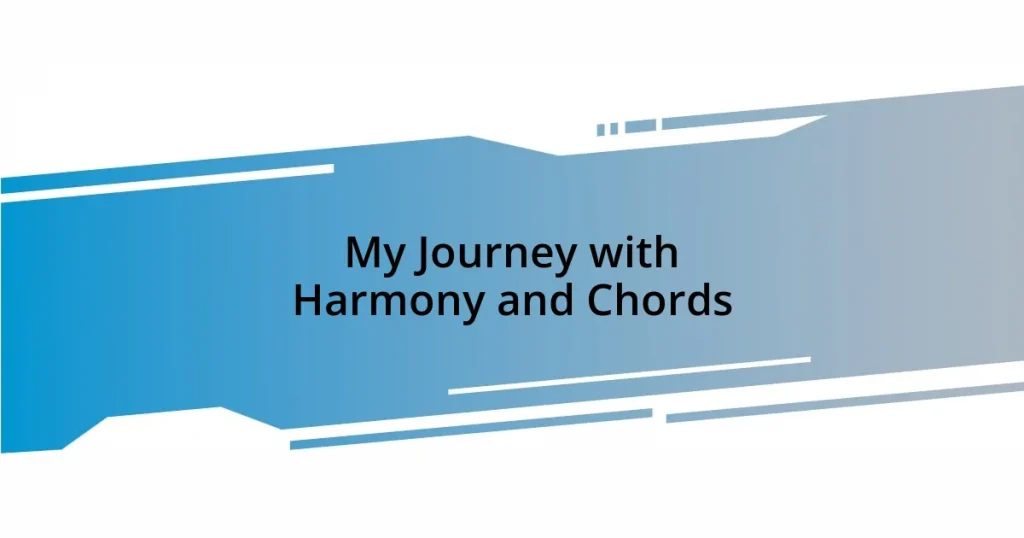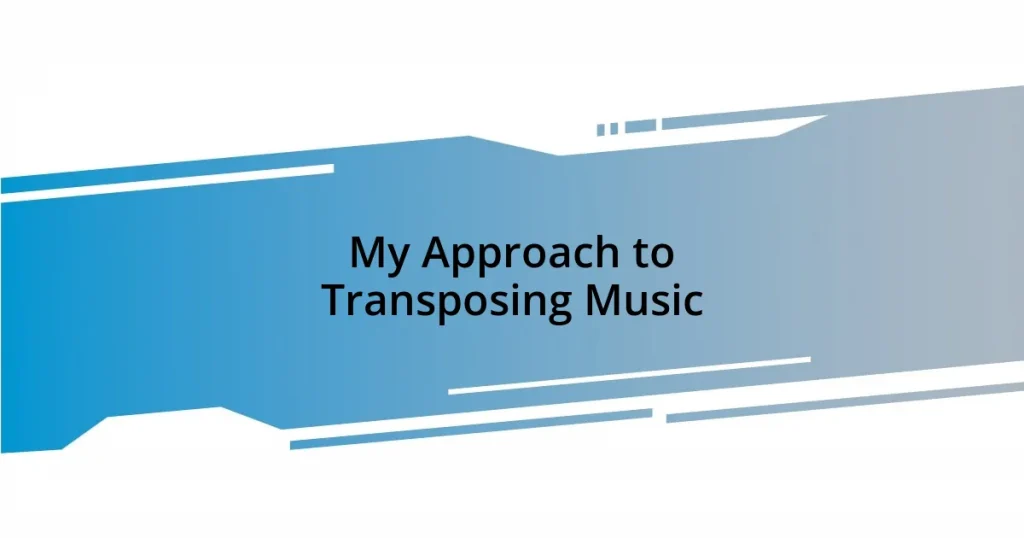Key takeaways:
- The Enlightenment Era emphasized reason, individual rights, and skepticism of authority, inspiring modern reflections on civic engagement and societal dynamics.
- Key thinkers like John Locke, Voltaire, and Rousseau greatly influenced political philosophy, advocating for natural rights, freedom of speech, and collective responsibility, respectively.
- Locke’s concept of government by consent and natural rights remains foundational in discussions about democracy and individual freedoms.
- Rousseau encouraged a balance between individual rights and collective good, while Wollstonecraft championed women’s rights and education, reinforcing the need for inclusivity and equity in society.
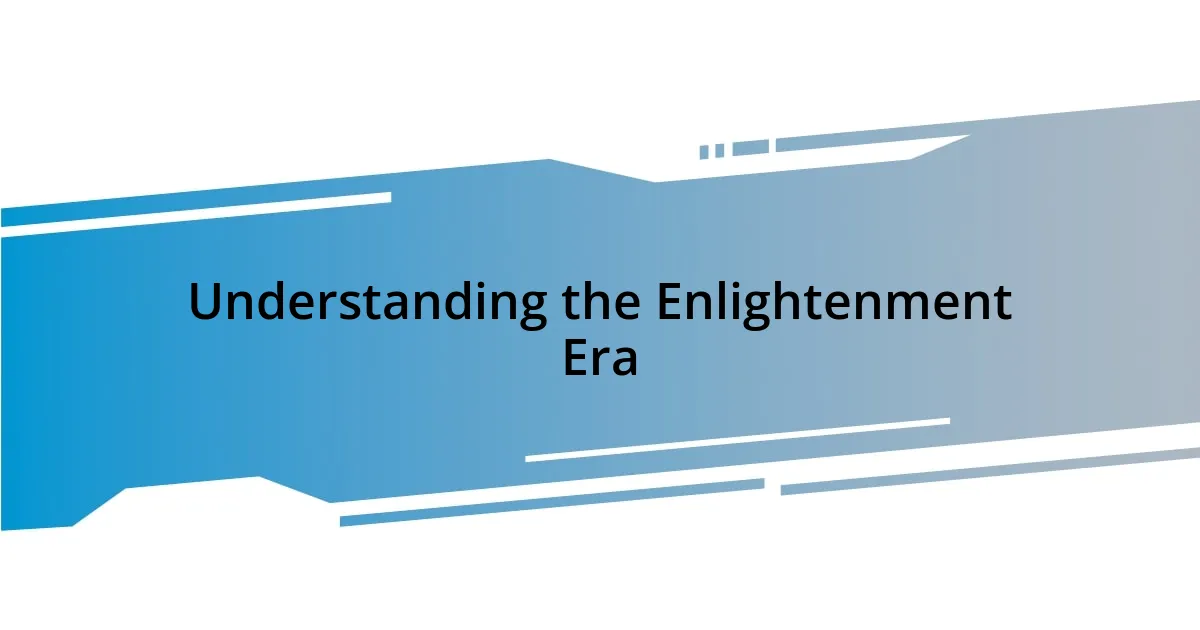
Understanding the Enlightenment Era
The Enlightenment Era, flourishing in the 17th and 18th centuries, was a remarkable period that emphasized reason, individualism, and skepticism of traditional authority. I often reflect on how this shift in thinking mirrors our own modern dilemmas. It makes me wonder: are we, too, living in an age ripe for enlightenment, where questioning the status quo is just as vital?
During this time, thinkers like Locke, Rousseau, and Voltaire championed ideas that would challenge the very foundations of society and government. I remember reading Rousseau’s “The Social Contract” and feeling a surge of inspiration at the idea that government should exist to serve the people. Can you imagine what it must have been like to be part of such a revolutionary dialogue, where ideas sparked movements that changed nations?
As I delve deeper into the era, I find myself continually fascinated by the interplay between reason and emotion. Enlightenment thinkers believed in the power of human intellect, but they were also aware that emotions drive human experience. This duality prompts a compelling question in my mind: can we harness both reason and emotion today to navigate our increasingly complex world?
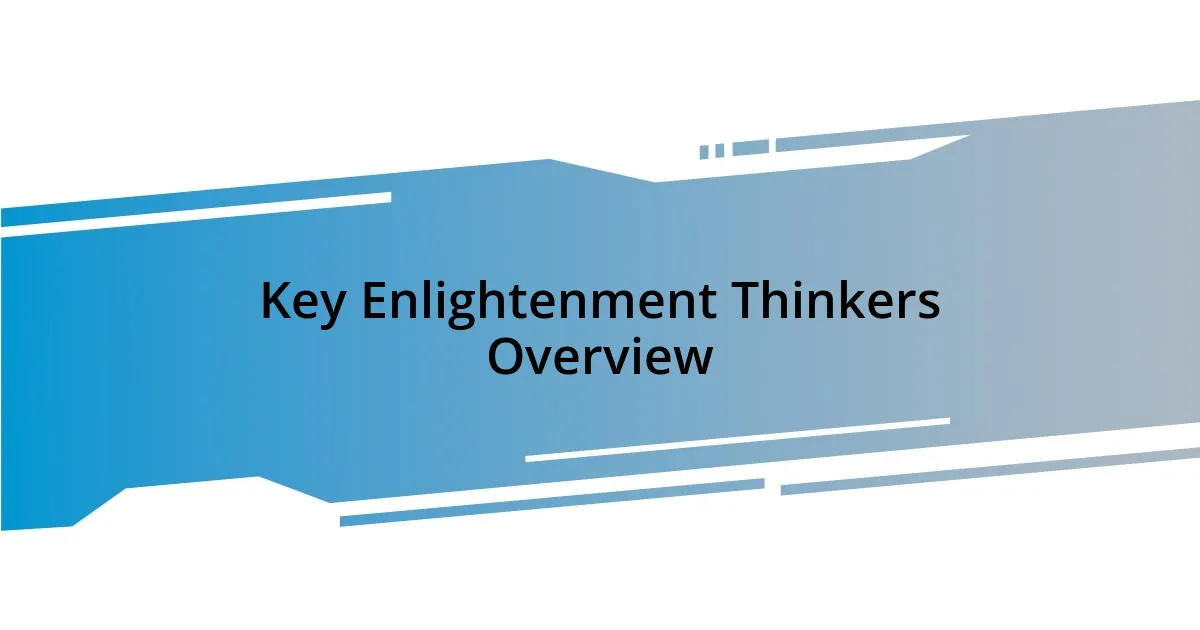
Key Enlightenment Thinkers Overview
When exploring key Enlightenment thinkers, one cannot overlook John Locke. His ideas about natural rights profoundly influenced political philosophy. I remember reading his assertion that life, liberty, and property are fundamental, and it struck a chord within me, reshaping how I view individual rights today. Locke’s belief that governments are formed through the consent of the governed ignited debates about democracy that resonate even in our current societies.
Then there’s Voltaire, a powerhouse of wit and critique. His relentless advocacy for civil liberties made me reflect on the importance of free speech. I often think about the debates I’ve had with friends over social media; Voltaire’s insights make me realize the value of exchanging diverse perspectives in a world that can sometimes feel polarized. His famous quote, “I disapprove of what you say, but I will defend to the death your right to say it,” encapsulates a principle that I hold dear today.
Lastly, Jean-Jacques Rousseau introduced concepts that encourage us to consider the collective good. When I first encountered his idea that “man is born free, and everywhere he is in chains,” it prompted a personal revolution in how I perceive freedom and societal constraints. It’s fascinating to see how these Enlightenment thinkers still shape discussions about identity and community in our time.
| Thinker | Main Contribution |
|---|---|
| John Locke | Introduced natural rights and government by consent. |
| Voltaire | Advocated for civil liberties, especially freedom of speech. |
| Jean-Jacques Rousseau | Proposed ideas on collective good and societal freedom. |
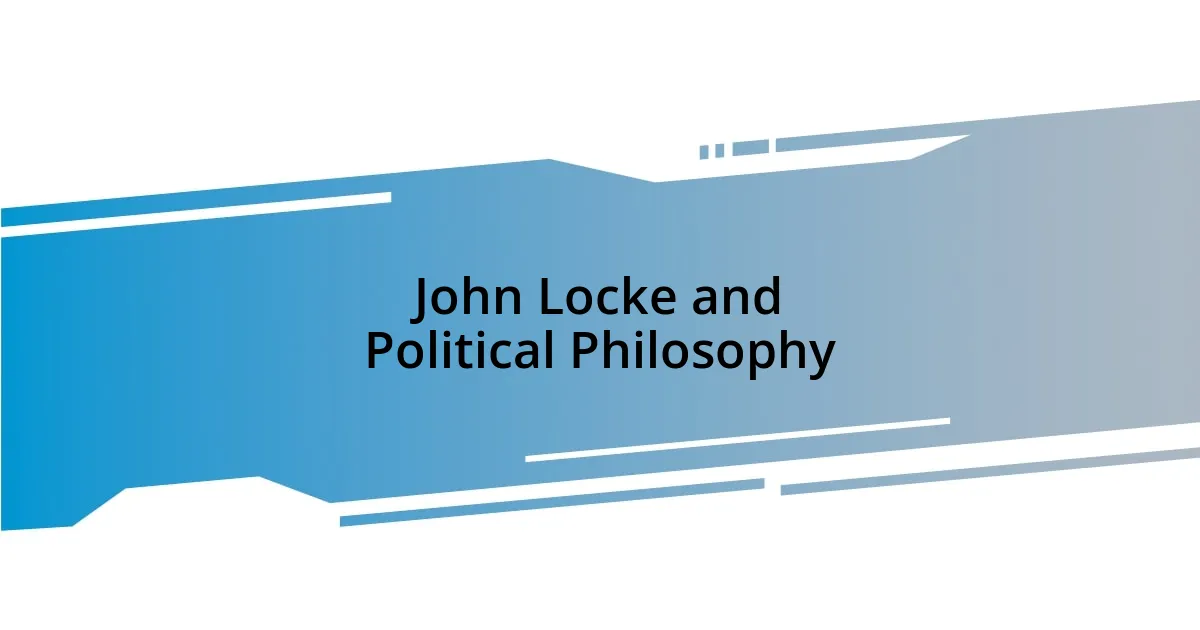
John Locke and Political Philosophy
John Locke’s influence on political philosophy is undeniable. When I first immersed myself in his writings, I felt as if he was articulating my own beliefs about the importance of individual rights. Locke’s concept that all individuals are entitled to life, liberty, and property deeply resonates with me, particularly in today’s world where these rights often feel under threat. His assertion that government exists to serve the people, not the other way around, sparked a light bulb moment for me—it’s a revolutionary idea that still informs my perspective on civic responsibility.
- Locke introduced the idea of the social contract, suggesting that governments derive their authority from the consent of the governed.
- His belief in natural rights shaped democratic thought and became the foundation for numerous political movements.
- By arguing that individuals have the right to overthrow a government that fails to protect their rights, Locke ignited discussions about the moral duties of citizens.
- I often reflect on Locke when discussing civic engagement with friends; his principles encourage me to think critically about my role in shaping the society I live in.
Each time I think of his ideas, I can’t help but feel a mix of inspiration and urgency. The conviction that we’re not just passive recipients of governance but active participants in shaping it resonates deeply. I sometimes wonder how Locke would view today’s political climate—would he see the same potential for change that I do? It challenges me to consider my part in this ongoing dialogue about rights, power, and responsibility.
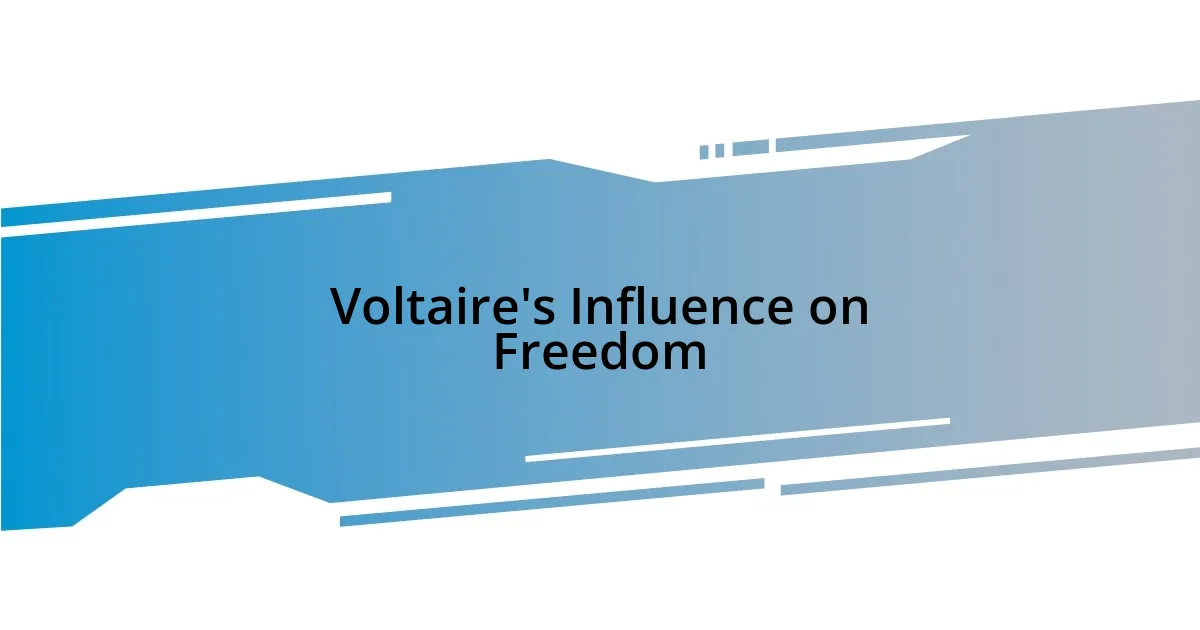
Voltaire’s Influence on Freedom
Voltaire’s fervent defense of freedom, particularly freedom of speech, truly resonates with me. When I think about his famous stance, I’m reminded of a moment when I stood up during a heated classroom debate. Just like Voltaire, I expressed my beliefs while respecting differing opinions. This experience mirrored his assertion that dialogue and dissent are essential for progress, highlighting the importance of not shying away from uncomfortable conversations.
One of Voltaire’s notable influences has been the notion that unchecked authority can lead to oppression. I recall feeling a stirring in my gut when I read about his clashes with powerful figures in his time. It made me realize how critical it is to challenge the status quo, especially in moments where we feel our freedoms are at stake. It’s a perspective that compels me to stay aware and engaged in discussions about civil liberties today.
Moreover, Voltaire’s wit and humor remind me that advocacy for freedom doesn’t have to be all seriousness. I once attended a rally where humor was a tool for connection, just as Voltaire used satire to spark reflection and change. This blend of seriousness and levity has taught me that promoting freedom can be both impactful and enjoyable. It leaves me contemplating: how can we continue to incorporate humor in advocacy without undermining the seriousness of the issues we face?
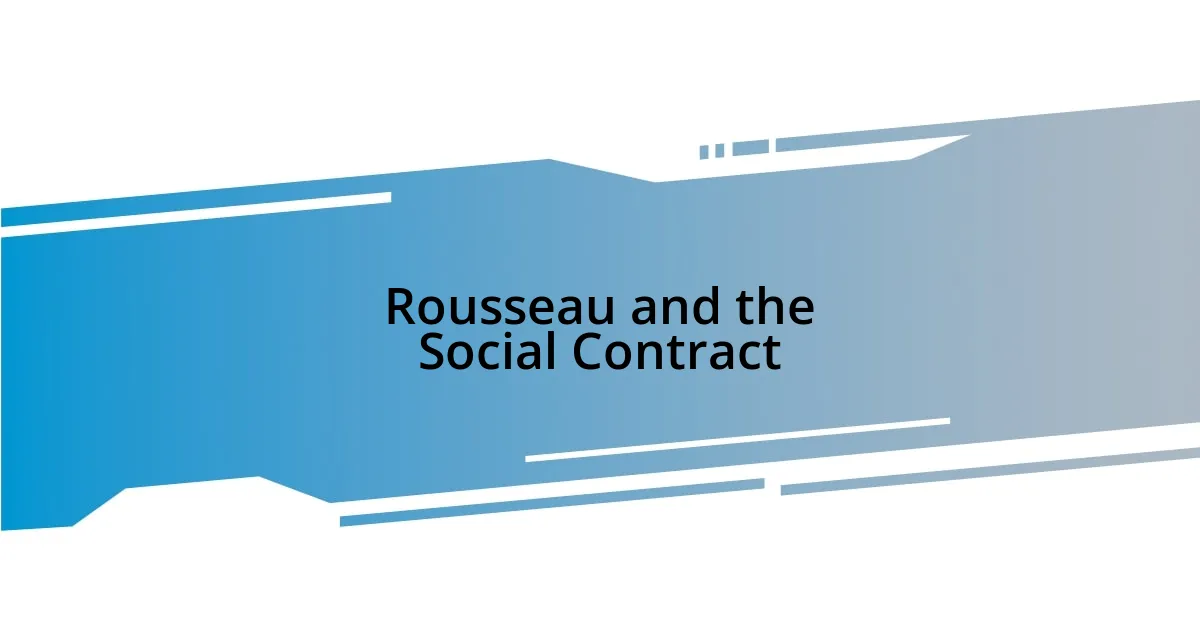
Rousseau and the Social Contract
Rousseau’s idea of the social contract transformed my understanding of individual and collective responsibility. When I first read about his belief that legitimacy arises from the collective will of the people, it struck me as a powerful call to civic engagement. I often think about how we decide together what’s fair and just—it’s not just about individual rights but also about our shared responsibilities to one another. Rousseau challenges us to consider: How do our collective desires shape the governance we accept?
I vividly remember a discussion with friends about community activism, where someone exclaimed that “we are stronger together.” It reminded me of Rousseau’s assertion that individuals must sacrifice some freedoms for the greater good. This perspective forced me to reflect on my own commitments to my community. Am I willing to put aside my personal interests for the shared benefit of all? His philosophy encourages me to actively participate in shaping a society that mirrors our collective values.
When I think of Rousseau, I can’t help but feel a sense of urgency about our societal connections. His view that true freedom is found in serving the common good resonates today more than ever. I often wonder, in our increasingly individualistic culture, how can we rekindle this sense of community? Embracing Rousseau’s ideas might be a key to fostering a more inclusive and cohesive society, where every voice matters, and every individual has a role to play.
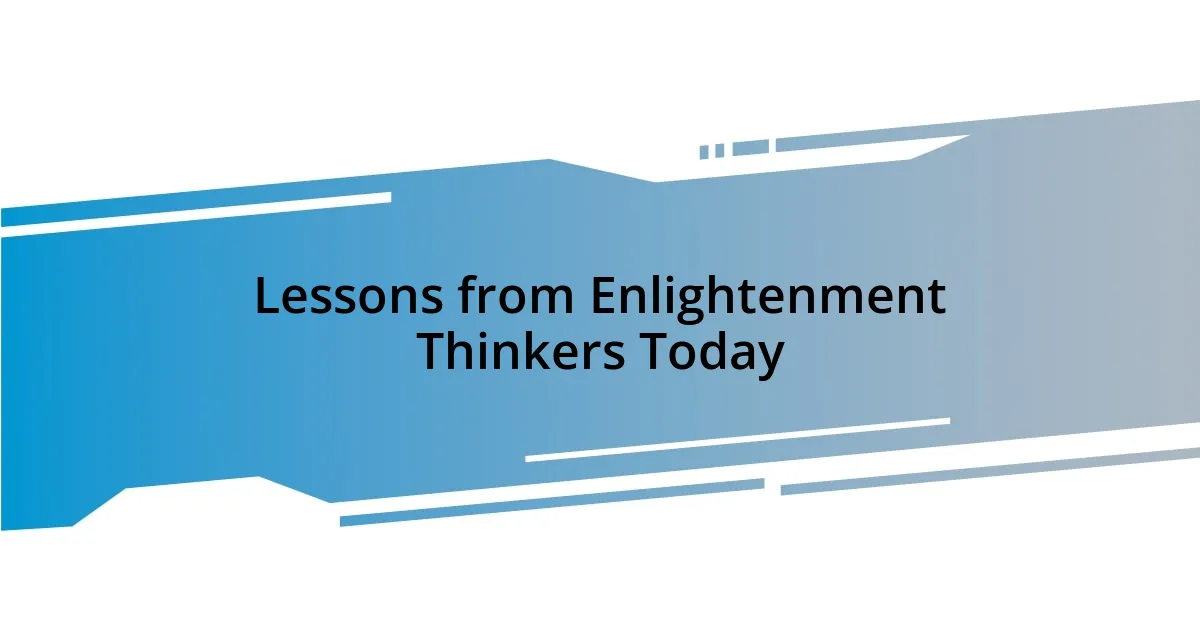
Lessons from Enlightenment Thinkers Today
Reflecting on the teachings of Enlightenment thinkers today is both enlightening and empowering. For instance, when I walk into a library, I often feel the weight of knowledge that thinkers like John Locke advocated for—the idea that education is a fundamental right. I remember volunteering at a local literacy program, where I witnessed firsthand how access to knowledge transformed lives. This experience reinforced Locke’s perspective: that education can unlock potential and pave the way for personal freedom.
Another vital lesson comes from Immanuel Kant, who emphasized the importance of reason and autonomy. I recall a moment during a community debate where I was empowered to voice my opinion after rigorous research and reflection. Kant’s assertion that we should think for ourselves guided my approach. It taught me that making informed decisions isn’t just about having facts at hand; it’s about cultivating a mindset that values critical thinking. How often do we pause to really analyze and evaluate what we’re told? This mindset is essential in our information-rich but often confusing world.
Lastly, let’s not forget the insights of Mary Wollstonecraft, who championed women’s rights and education. Her courage to challenge societal norms inspires me to speak out for equity in my own sphere. I remember attending a women’s leadership summit where I was moved by stories of resilience and bravery. Wollstonecraft’s call for equality challenges us to ask: Are we truly fostering an environment where everyone has the opportunity to thrive? Embracing her spirit can motivate us to advocate for inclusive practices not just in education, but in every aspect of life.

